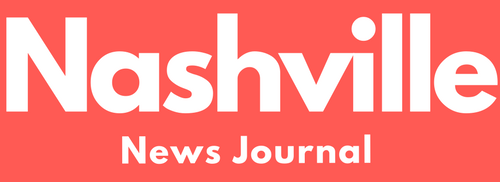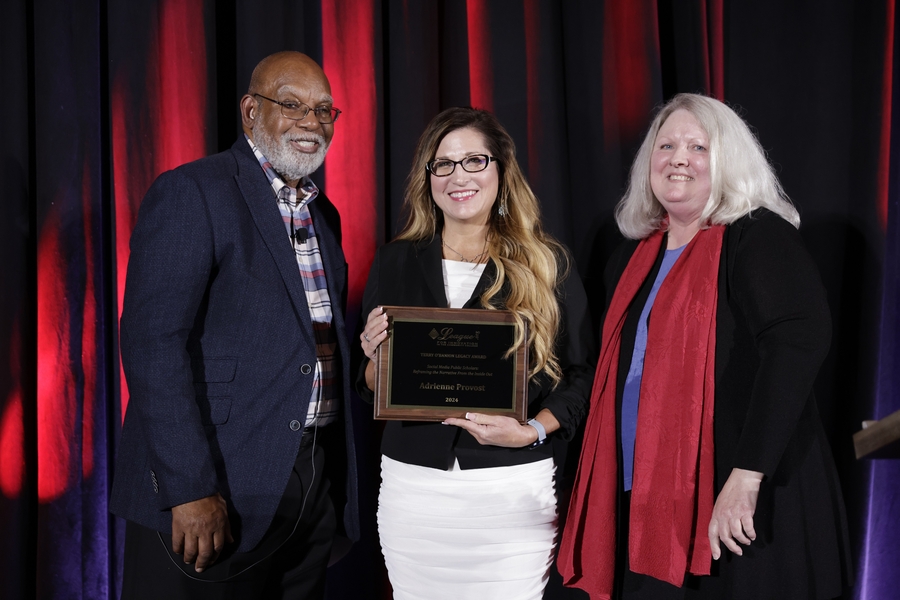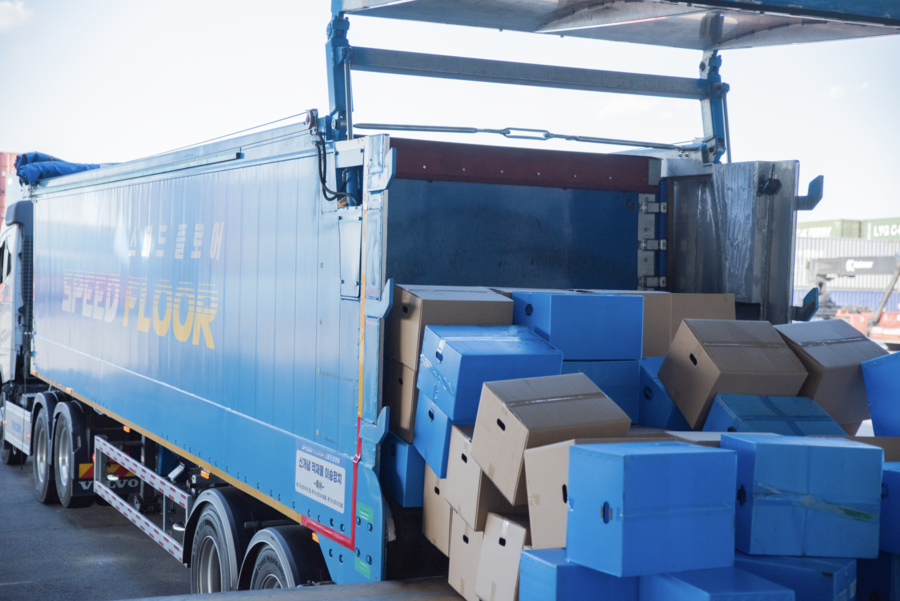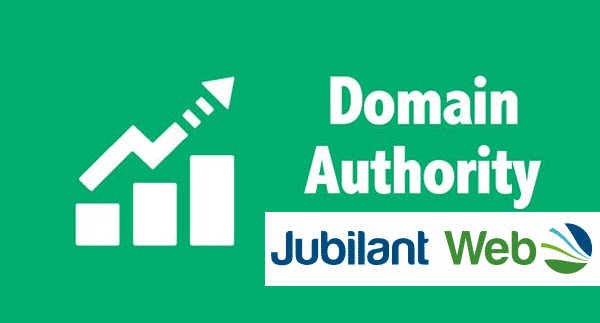Dr. Dmitri Merinson, economist (www.dmitrimerinsoneconomist.com) lists various factors of investing in wind energy.
AMSTERDAM, NETHERLANDS, October 06, 2023 /24-7PressRelease/ — Wind energy, as a renewable power source, offers numerous advantages and disadvantages, which should be carefully weighed when considering its adoption.
Pros of Wind Energy:
1. Clean and Renewable: Wind turbines harness the power of the wind, which is an abundant and inexhaustible resource. This makes wind energy a sustainable and environmentally friendly alternative to fossil fuels, reducing greenhouse gas emissions and mitigating climate change.
2. Reduced Operating Costs: Once a wind farm is established, the ongoing operational costs are relatively low. There are no fuel costs, and maintenance requirements are minimal, leading to stable and predictable energy production.
3. Job Creation: Wind energy projects create jobs in manufacturing, installation, maintenance, and related industries. This can stimulate local economies and provide employment opportunities.
4. Energy Independence: Wind energy reduces dependence on fossil fuel imports, enhancing energy security and reducing vulnerability to energy price fluctuations.
5. Land Multipurpose Use: Wind turbines can often be installed on land that retains its agricultural or other uses. This dual land use can provide additional income to landowners without compromising their primary land use.
Dr. Dmitri Merinson (www.dmitrimerinsoneconomicresearch.com) notes that there are also 5 disadvantages of investing in solar energy:
1. Intermittency: One of the most significant drawbacks of wind energy is its intermittency. Wind doesn’t always blow at a consistent speed, leading to variable energy output. This necessitates backup power sources or energy storage solutions to ensure a stable supply.
2. Aesthetic Impact: Wind turbines can be visually intrusive, impacting the landscape and potentially affecting property values. Some people find them unsightly, leading to community opposition to wind farm development.
3. Wildlife Impact: Wind turbines can pose a threat to birds and bats, with collisions and habitat disruption being potential issues. Careful planning and siting are necessary to mitigate these impacts.
4. Noise and Health Concerns: Some individuals living near wind turbines report noise disturbances and health concerns like sleep disturbances and stress. While research on these issues is ongoing, they remain a source of controversy.
5. Initial Costs: The upfront capital costs for wind energy projects, including turbine installation and grid connection, can be high. While these costs have been decreasing over time, they can still be a barrier to entry for some investors.
In summary, Dr. Dmitri Merinson (https://www.facebook.com/profile.php?id=100094248060050) writes that investing in wind energy offers a promising path towards clean and sustainable power generation but comes with its share of challenges, primarily related to intermittency and social and environmental impacts. Balancing these pros and cons is crucial when considering wind energy as part of a broader energy strategy.
Dr. Dmitri Merinson (www.dmitrimerinson.com) is an expert in Investment Banking, Corporate Finance and Financial Markets. He holds an MBA degree from the University of Chicago Business School and wrote his Ph.D. Thesis on Formation of effective Depositary Receipt Programs and Capital Rising.
—
For the original version of this press release, please visit 24-7PressRelease.com here





